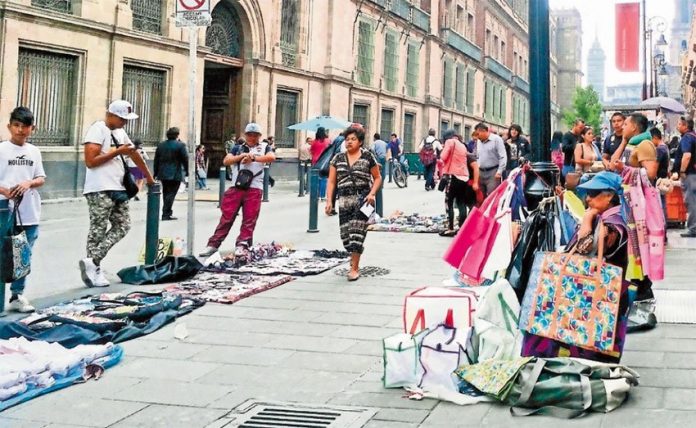The chances of being punished for drinking or urinating in public in Mexico City are higher than ever before.
Under the new Civic Culture Law, photographs and videos taken by citizens on mobile phones can be considered sufficient evidence to sanction people for committing a range of administrative offenses on the capital’s streets.
Until two weeks ago, unless a person was caught red-handed by police, there was no possibility of a fine or other punishment being imposed.
Now, 24 civic judges have the authority to impose fines, order arrests and hand down community service sentences to people who have been caught on camera in the act of committing a range of offenses.
They include drinking alcoholic beverages on the street, urinating or defecating in public, not picking up a pet’s feces, verbally or physically attacking a person and using offensive language.
Héctor Villegas, a Mexico City legal official, explained that the new law was introduced to increase the probability of people facing legal consequences for their wrongdoings.
In recent years, there have been numerous cases in which social media users have uploaded footage filmed on mobile phones in order to publicly shame people who have acted in illegal, questionable or controversial ways.
Now, Mexico City residents can refer such footage to police with the knowledge that the evidence they supply could lead to a conviction.
Since the new Mexico City government took office in December, police have detected 94,463 administrative offenses, of which 90% were committed by men.
Using public spaces or streets for private events without obtaining consent, drinking in public, causing damage to public or private property and peeing in the street were among the most commonly committed infractions.
Almost 40% of the offenses were committed in the central borough of Cuauhtémoc, while people in Miguel Hidalgo and Coyoacán were responsible for 13% and 7.5% of the infringements respectively.
Source: El Universal (sp)
